Home → Programmes → Early Warning → Red Alert: Netanyahu Plans Full Invasion of Gaza
Red Alert: Netanyahu Plans Full Invasion of Gaza
Prime Minister Benjamin Netanyahu will convene Israel's Security Cabinet on Aug. 05, 2025 to approve plans for a full military takeover of the Gaza Strip, marking a critical escalation in the conflict with Hamas. The proposal, however, faced strong opposition from within the Israeli military and from hostage families, who raised serious concerns about the humanitarian impact and operational risks. While the Israel Defence Forces (IDF) already controls around 75% of Gaza, Netanyahu pushed to expand military operations to cover the entire territory, including densely populated areas believed to harbour hostages—a plan opposed by IDF Chief of Staff Lt Gen. Eyal Zamir. This decision came after ceasefire and hostage negotiations collapsed, with Netanyahu stressing the objectives of defeating Hamas, securing the release of hostages, and neutralising Gaza as a future threat to Israel.
In a dramatic development, Netanyahu cancelled a planned visit by Lt Gen. Zamir to Washington upon briefing him on the new direction and accelerating strategic shifts. Zamir explicitly rejected the proposed plan, threatening resignation if it were approved. The military’s reservations centred on fears for the hostages’ lives, particularly in areas such as Deir al-Balah that had not been fully “cleansed” of Hamas fighters. Additionally, IDF leadership expressed concerns about the erosion of the army’s combat capabilities, citing manpower shortages after nearly two years of continuous conflict, thereby urging a more cautious containment strategy that would exert pressure on Hamas without engaging in a protracted and expansive occupation.
Immediate Fallout
In the short term, Netanyahu’s decision to pursue the complete occupation of Gaza can be seen as a strategic manoeuvre to divert domestic attention from his contentious battle with the judiciary, especially following the dismissal of the Israeli Attorney General, a key critic in his ongoing corruption trial. This tactic mirrors his previous use of external military actions, such as his earlier attack on Iran, to shift public focus away from his legal and political troubles and to consolidate power amid government instability.
Additionally, Israel expanding its control over Gaza is likely to trigger intensified combat operations, with IDF forces entering highly populated urban zones. Such escalation would almost inevitably lead to increased civilian casualties and exacerbate the already severe humanitarian crisis marked by famine and a shortage of medical supplies. The risk to hostages is also heightened, as military advances into contested areas may prompt retaliatory executions by Hamas, and may expose hostages to collateral damage. Politically, Netanyahu’s push for full occupation risks deepening divisions within the security cabinet and military leadership, potentially undermining cohesive decision-making and operational effectiveness.
Moreover, cabinet approval of this plan may further jeopardise military cohesion. The potential resignation of Lt Gen. Zamir would represent a significant disruption in command at a critical juncture, jeopardising the coordination of military efforts and the security of hostages, whose protection depends on unified and strategic leadership. Regionally, this expansion threatens to ignite broader instability, inflaming tensions with neighbouring states and provoking possible retaliatory strikes from Hamas-aligned factions, such as the Houthis.
Long Term Consequences
In the long term, should Netanyahu’s decision to fully occupy Gaza go through, it will significantly affect his own political future. While it may consolidate support among his right-wing base, it will further alienate moderate Israelis who are more concerned with the return of hostages, it will also alienate international allies concerned about humanitarian consequences and prolonged conflict, and who have already taken steps to officially recognise a Palestine State, should Israel continue prolonging the War.
Additionally, Netanyahu’s occupation plans raise the prospect of forced displacement for large segments of Gaza’s population, exacerbating the already dire humanitarian crisis and will lead to further accusations of ethnic cleansing and war crimes. Such outcomes would likely increase regional instability and international condemnation, placing Netanyahu under further diplomatic pressure and possibly jeopardising his standing both at home and abroad. The long-term governance and security of Gaza would present persistent challenges, with Israel facing the complex task of managing a densely populated area fraught with political, social, and security tensions, ultimately shaping Netanyahu’s legacy amid a deeply contentious and evolving conflict.
“Red Alert” is a series of concise, fast-response articles spotlighting a significant trend or event with forward-looking analysis. Combining imagination with brief analytical insights, it outlines potential future consequences.
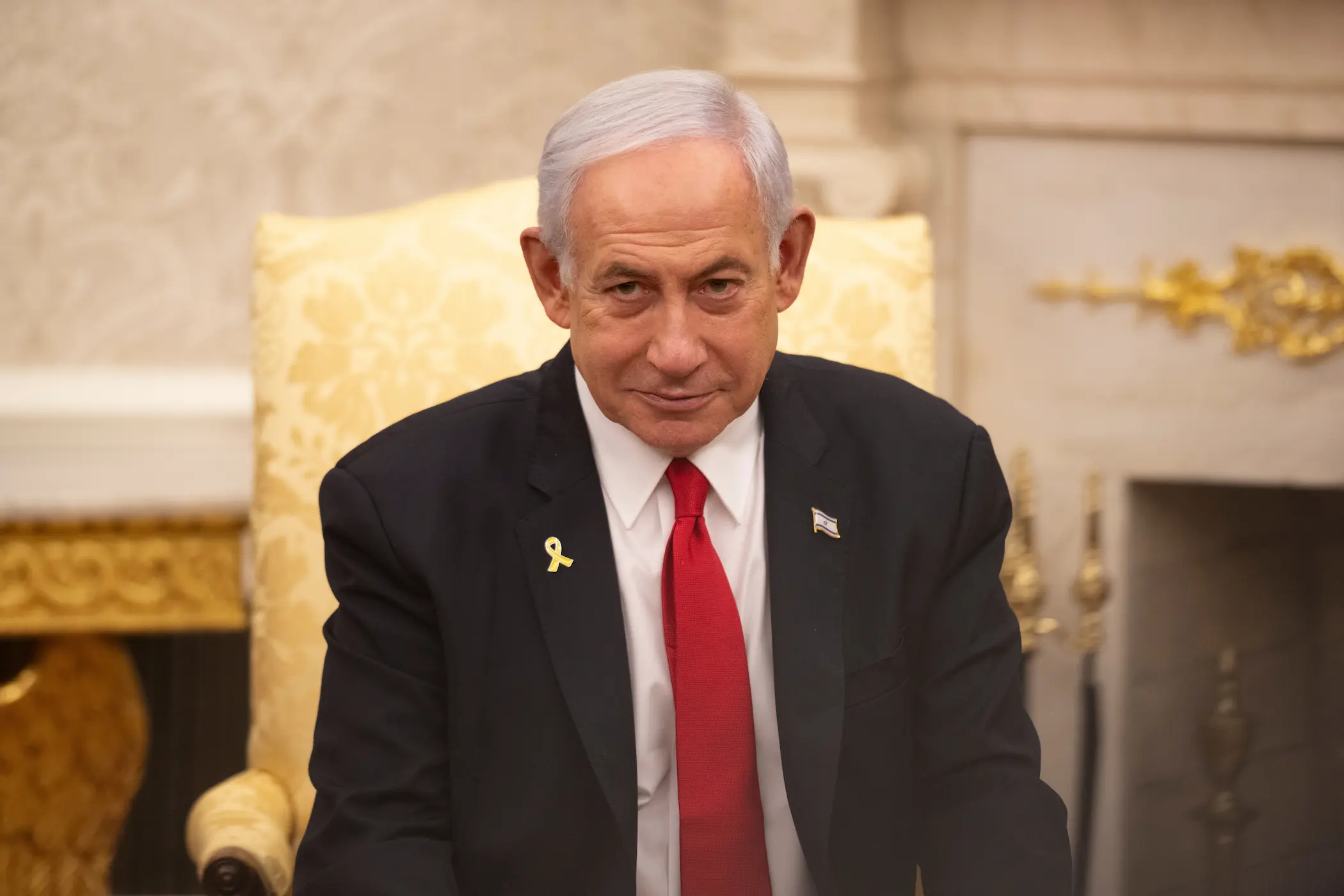
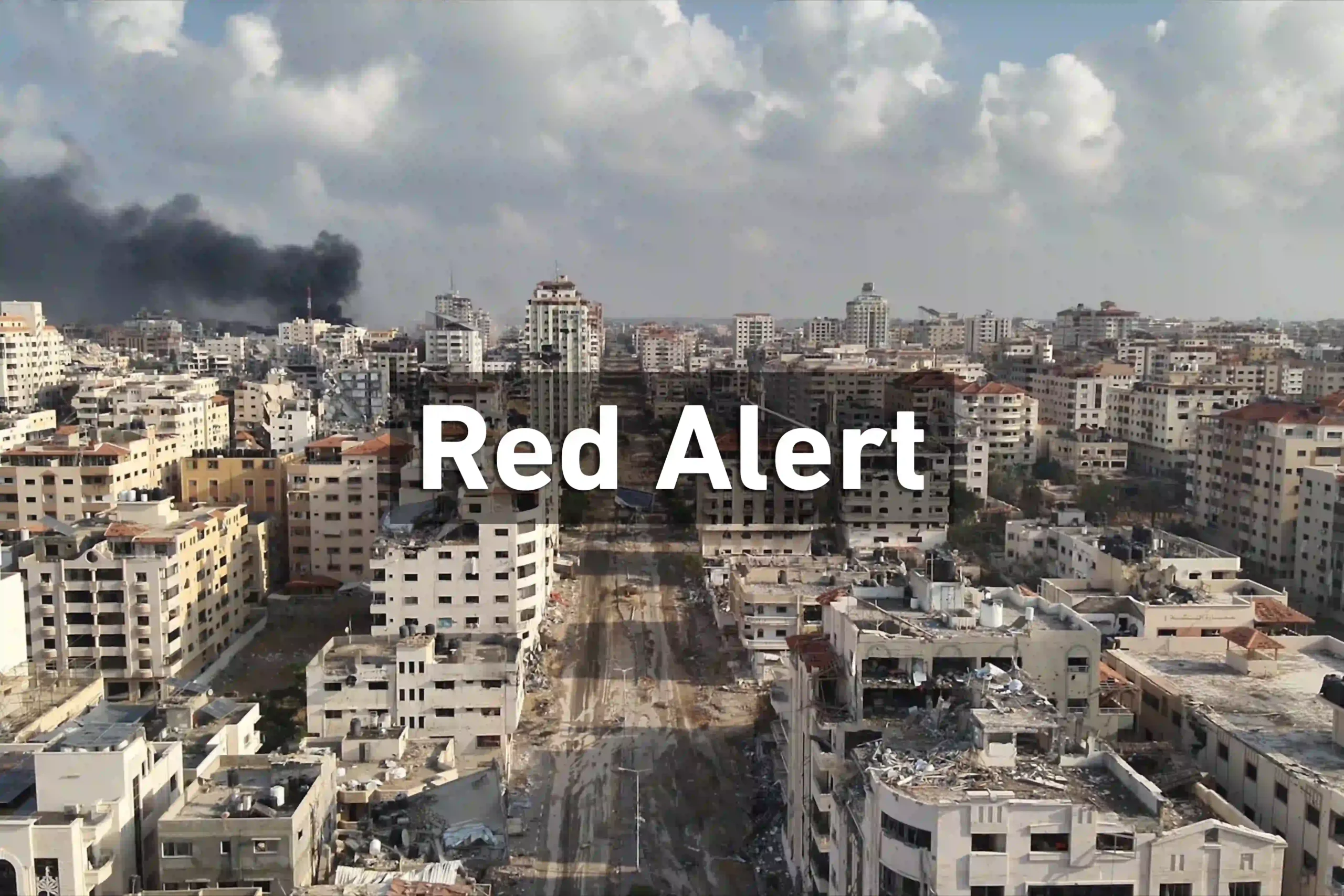



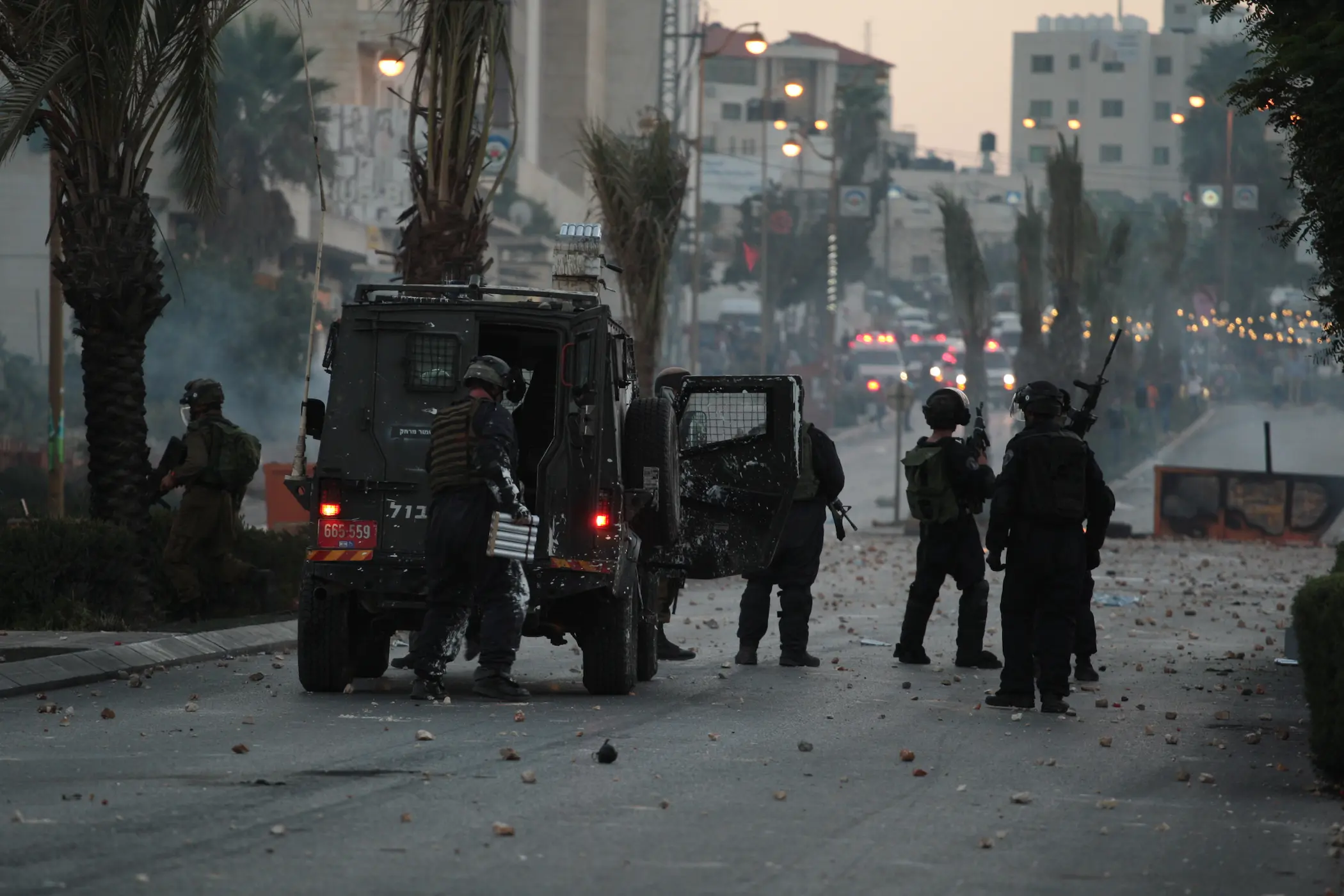





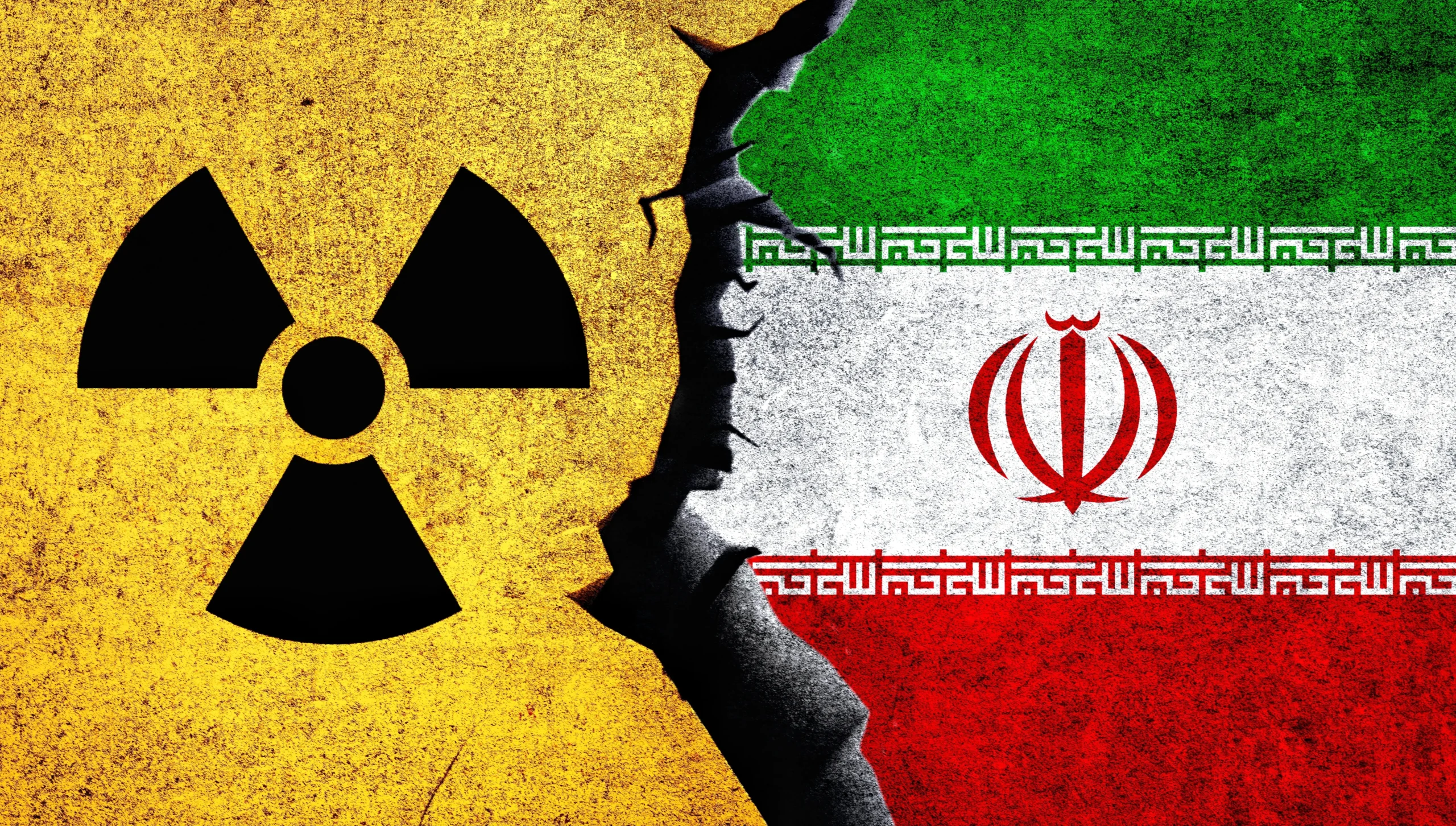



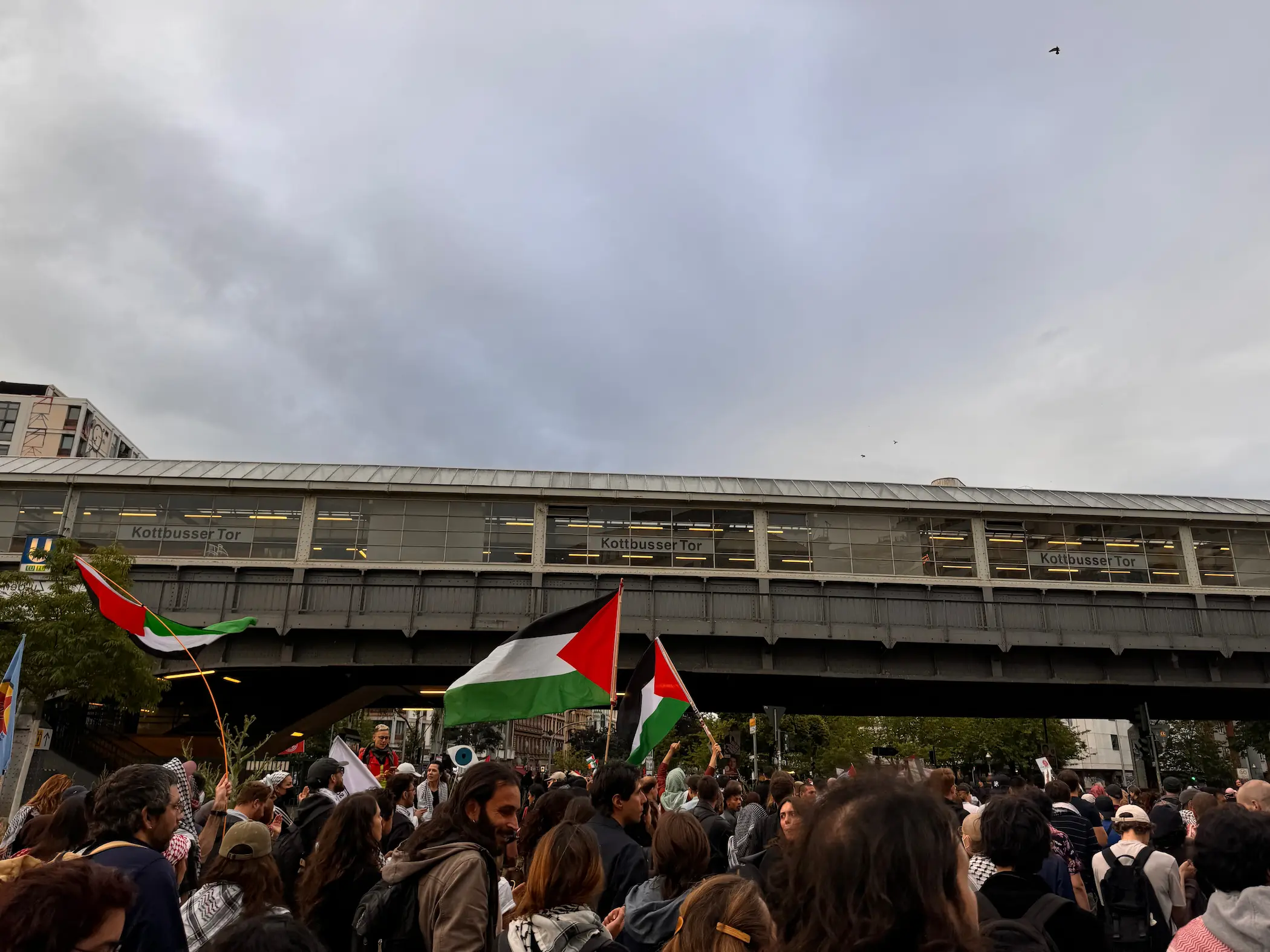

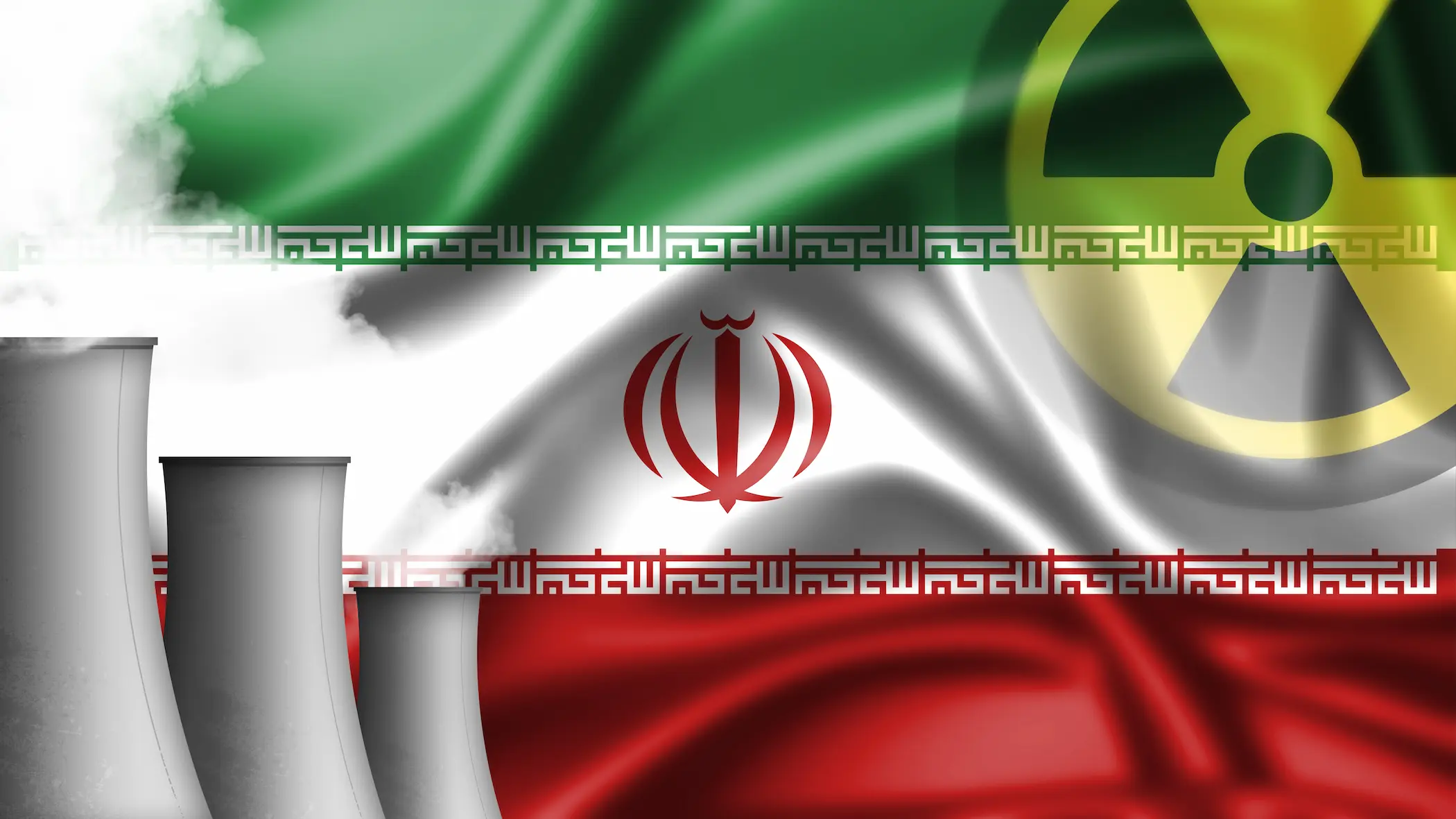

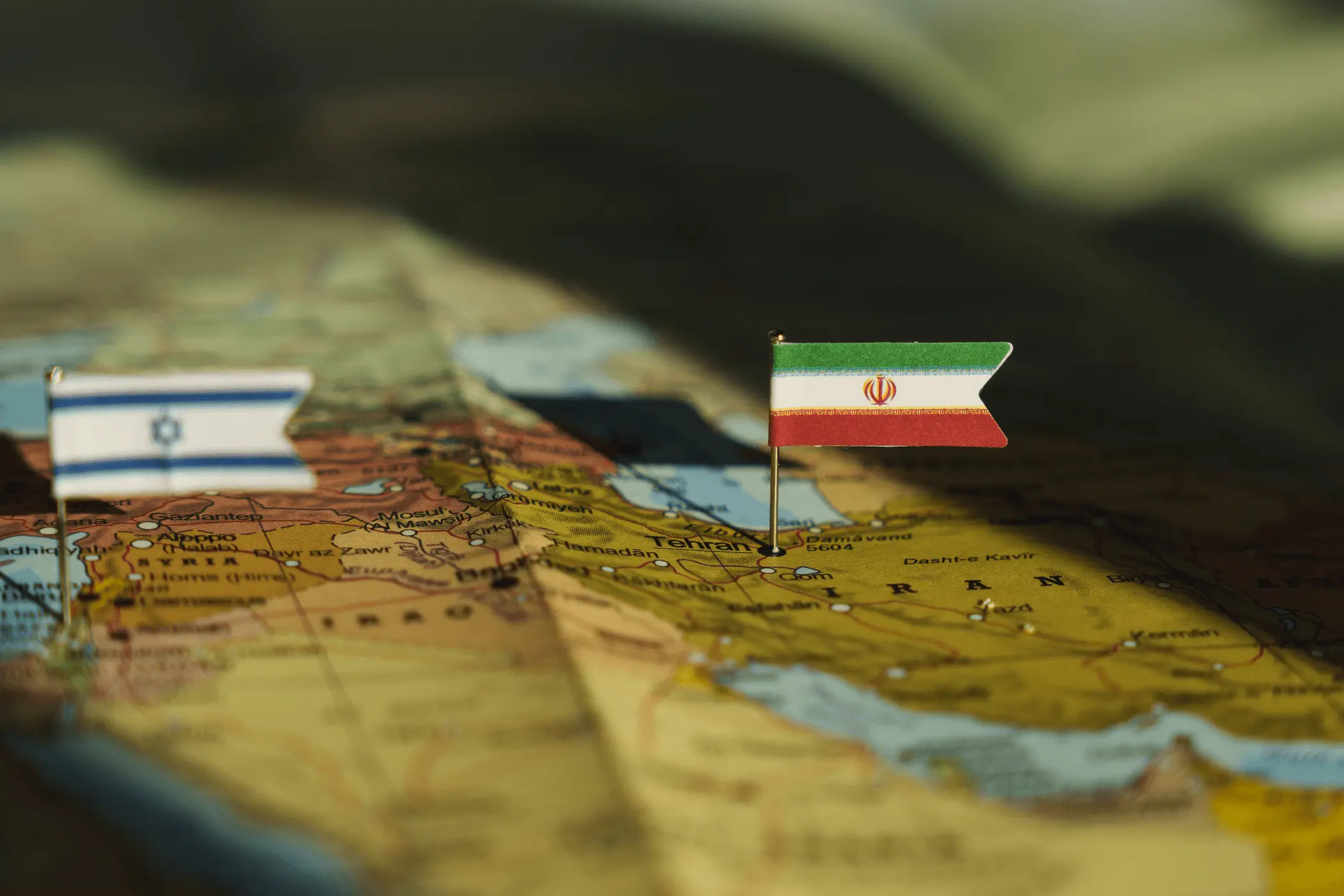
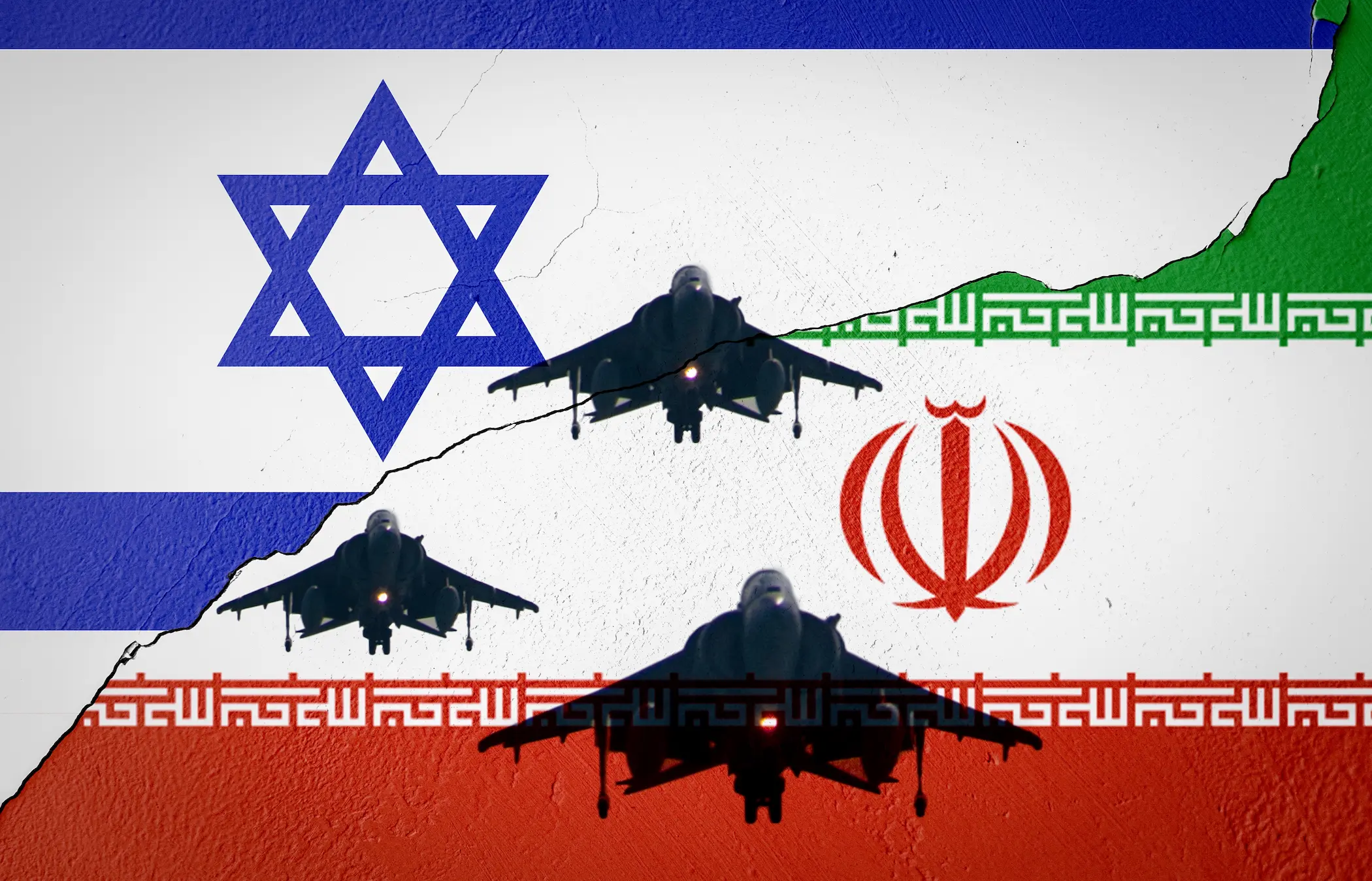
Comments